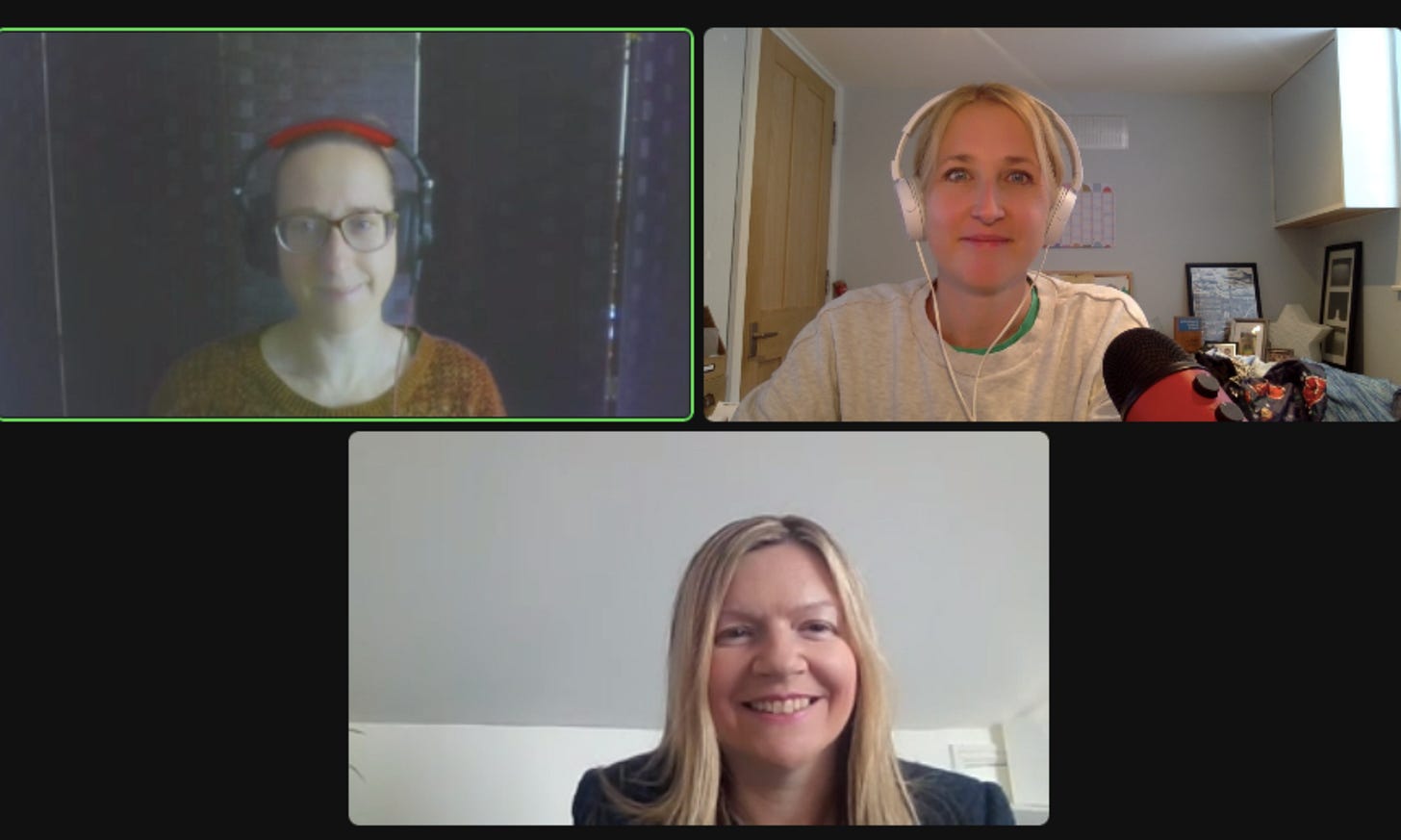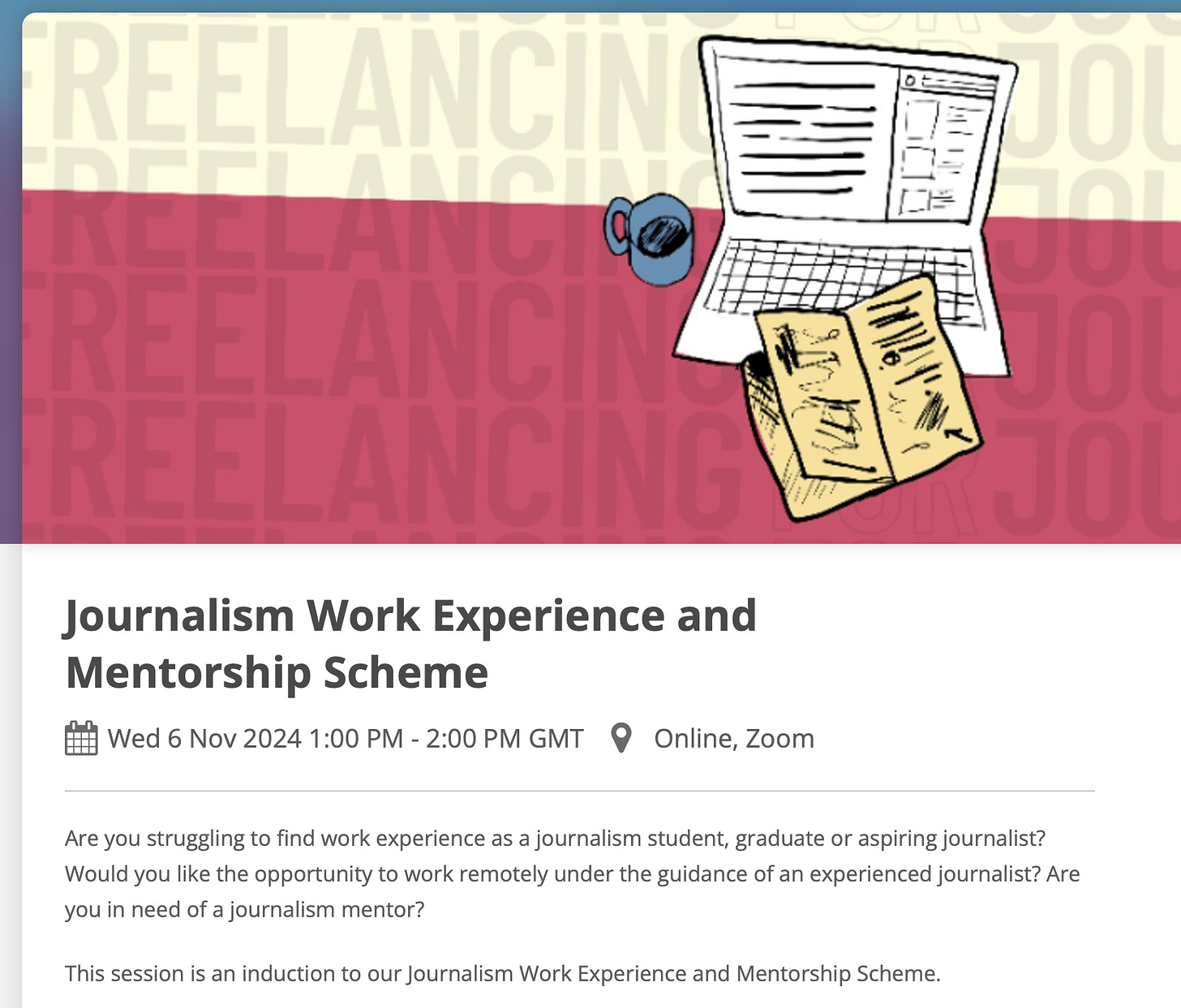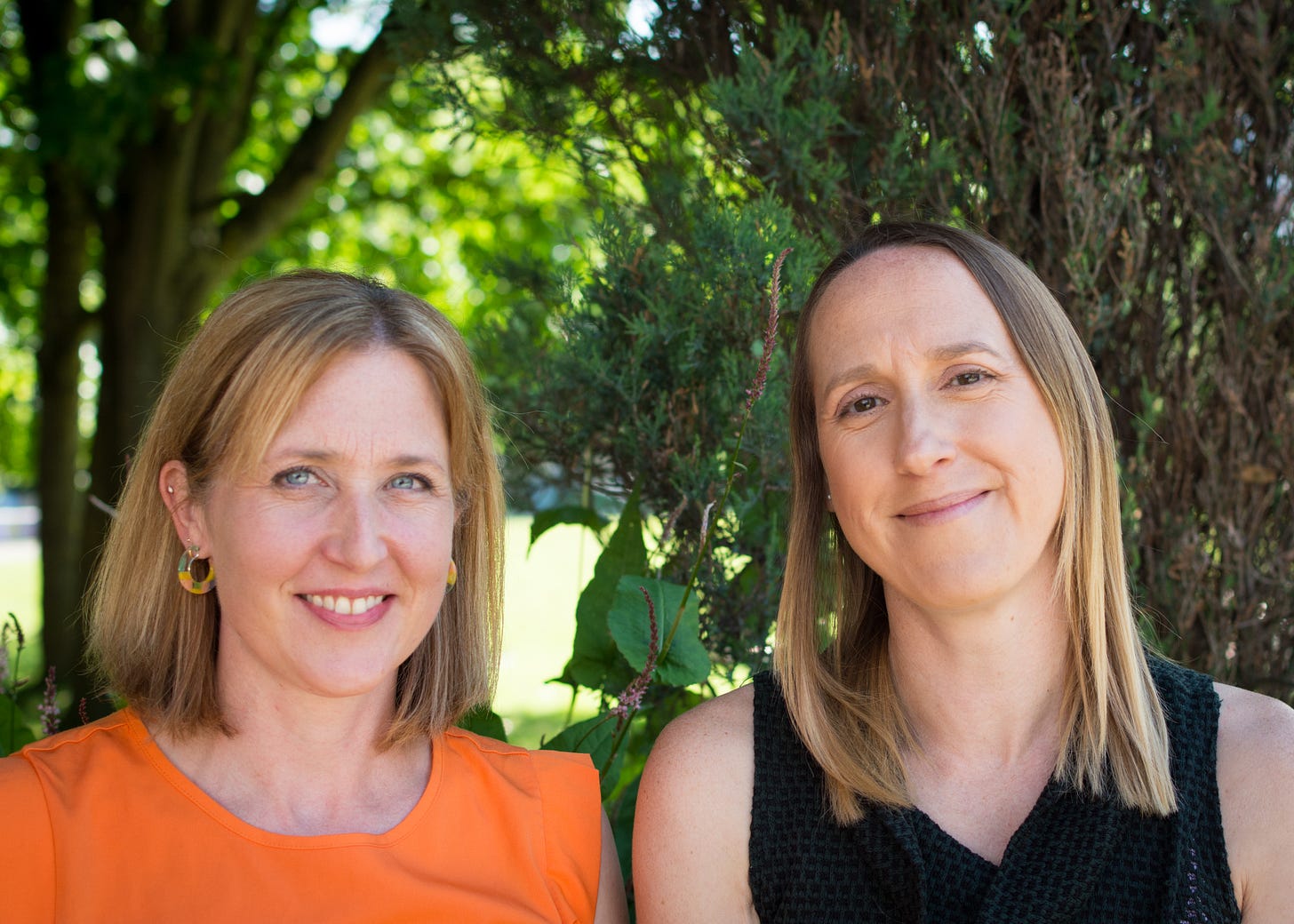Lucy Waterlow is a freelance journalist who has covered everything from politics to health and fashion, to showbiz. As a lifelong runner she took every opportunity to write about running and eventually it became her niche. Writing about running was also her route into ghostwriting. Lucy has just published her fifth book so we caught up with her to find out more about the process and how she gets it done!
How did you move from newspapers and magazines into books?
I started out in my writing career as a journalist for local papers and then freelancing for the national press. I worked for places such as The Sun, The Sunday Times, MailOnline, Sky News, OK! and New magazines. I was always interested in writing about running and then in 2012 I got my big opportunity to do so by ghostwriting Nell McAndrew's Guide to Running, which was published by Bloomsbury.
I then went on to co-author a book with, Leanne Davies, the founder of Run Mummy Run, which is part running guide and part about the amazing community she founded. Then I ghostwrote world-record breaking ultra-runner Mimi Anderson's two memoirs. Beyond Impossible and Limitless. These three were all published by Summersdale. My latest book The Ultimate Guide to parkun came about after I was approached by Canbury Press founder Martin Hickman who wanted a book on parkrun to celebrate the 20th anniversary. I do still work as a journalist as well but mainly writing for running magazines.
What is the book about?
It is all about parkrun, how it started, how it grew, how to get involved as a volunteer, walker or runner. It is full of stories from people whose lives have changed - or been saved - thanks to parkrun. There's information on the various challenges you can do, bucket lists for interesting parkruns around the world and details on the fastest and slowest courses in the UK.
Was writing this one a different experience?
My previous ones were all ghostwritten so with this one there was less time spent interviewing and re-editing as I went on. However, there were still elements of ghostwriting as I share a number of people’s stories in the book.
How did you fit in writing the book?
With difficulty! I was training for London marathon and I had agreed to coach numerous athletes aiming for spring marathons. I’m also a mum of two, and my youngest was not then in childcare full-time, so writing another book hadn't been something I had factored in the time to do. But I didn't want to turn down the opportunity to write about something I love so I made it work as best I could. Martin was very understanding at pushing back the deadline to give me more time. But basically any minute I had to spare I would try to work on it. I tried to do as much as possible on the mornings when my children were at school/preschool. There was a lot of evening work once my children had gone to bed and some weekends.
Did you have to drop other work to do it?
No, but I had to drop things like doing housework so my house is really untidy!
How long did you have to write the book and how did you structure your time?
I was initially given six months but then that got pushed back to eight months. After that there was then time spent searching for pictures and editing. I didn’t structure my time very well due to lack of time. The first couple of months (November to January) were mostly research, finding people to speak to to share their stories and starting those interviews. I got started on the writing in February and March. April I barely did anything on it as I was unwell, the children were on Easter holidays and I had the marathon. So the main bulk of the writing I did when I had more time in May and June.
What is your writing process?
I always find it best to just write. It is never going to be perfect first time so just get down roughly what you want to say, and then go back and tweak and refine.
What was the most difficult thing about writing this book?
Lack of time. I was juggling so much to get it done. If I could work nine to five in an office environment I would have been able to write it a lot more quickly.
What was the editing process like?
Good, as it gave me the opportunity to amend and refine given my ‘just get it all written down’ approach.
What was it like working with Canbury Press and how did it differ to working with other publishers?
They were really supportive along the way and checked in regularly with how I was doing and offered support and guidance. They are a smaller team than publishers I have worked with before so I felt more involved in the whole process.
Do you have plans to write any other books, and can you give us any details?
Yes, although I need a bit of breathing space after this one first and to tidy my house. I have an idea for another running-related ‘Ultimate guide to’.
What is your favourite thing about the book research/writing process?
I really enjoy pulling together a chapter outline and thinking about all the different elements that could be included. Writing a book can feel quite daunting at the start so I like having the chapter outline to have it all broken down, so I can then focus on ticking off each chapter at a time, rather than the book as a whole.
What is your advice to others who want to write a book?
Go for it! Write a chapter outline and proposal and contact some publishers to see what they think. Pick a subject you know inside out and you enjoy writing about.
New podcast episode
This week we sit down and chat to Liz Perkins, winner of the Best Campaigning Journalist category at the 2024 Freelance Journalism Awards. Liz led the End This Injustice campaign which called for an overhaul of the family court system. She talks about working on the campaign and the challenges of changing the law. Listen by clicking the link below or wherever you get your podcasts.
Work experience scheme open
The next round of our Journalism Work Experience and Mentorship Scheme is now open. To access our database of freelance journalists and media organisations you need to sign up to our webinar (recordings available if you can’t make the event on Wed 6th November at 1pm). Here we explain all about how it works and how to get the most out of it. Tickets are £10 which covers the administration of the scheme. We also have bursary places so do get in touch if you need more information. There is lots of detail on the webinar sign up page or you can email freelancingforjournalists@gmail.com. Places do tend to go quite quickly so if you’re interested don’t leave it too long!
Triumph of the week
New laptop. After about a year of needing one.
That feeling when
Everyone else in the family got a cold but you somehow escaped
We love to hear your feedback on everything we do, so feel free to drop us an email anytime at freelancingforjournalists@gmail.com
Bye for now!







